43 items found: Search results for "cloud architecture" in all categories x
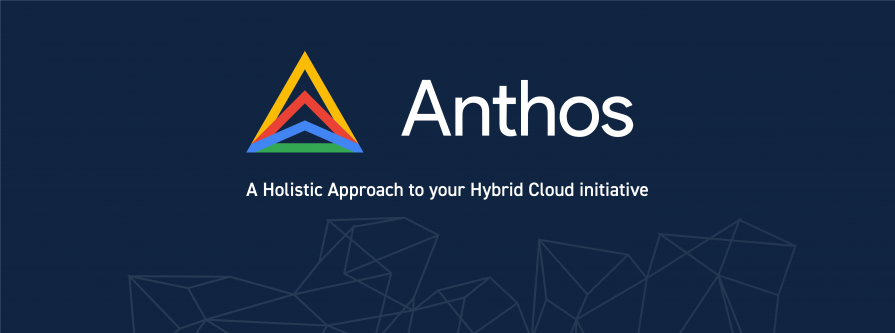
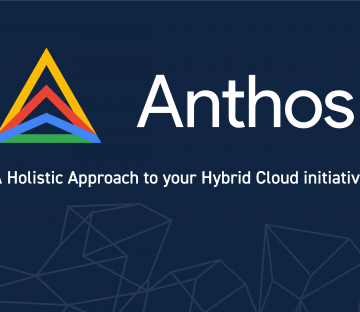
February 17, 2021 | Blog, Cloud, Cloud Native, GCP, Open Source
Multi-cloud is rapidly becoming the cloud strategy of choice for enterprises looking to modernise their applications.
And the reason is simple – it gives them much more flexibility to host their workloads and data where it suits them best.
In this post, we focus on Google’s application modernisation solution Google Anthos and the role it can play in your cloud transformation strategy.


March 20, 2020
Traditionally, Usability and Security have been set in opposition to each other: with tight security, we end up with painful user experience. In this blog, Guy focuses on financial services as an exemplar of how we can introduce usability into a vertical with challenging security and compliance requirements.


October 8, 2019 | Cloud, Cloud Native, Culture
Following on from the last two blogs by Stuart (who shared highlights for day 1) and Trent (who shared highlights from day 2), I will conclude with mine on CloudNative London 2019 Day 3.
The Cloud Native landscape can be bewildering, and not only for newcomers. As a traveller on the Cloud-native journey, I have sometimes been overwhelmed by the number of products and projects. This is why I took hold of the opportunity to go to Day 3 of the Cloud Native London Conference last month hosted by Skills Matter.
Here are my top highlights from Day 3 of the CloudNative London 2019.


October 3, 2019
Continuing on from Stuart’s previous blog which covered highlights from CloudNative London conference day 1, I have put together a summary for day 2.
Being an OCer (OpenCredo employee) has given me the opportunity to fully embed myself in the London technology scene. Alongside our direct engagements with clients, it is a chance to understand and evaluate the trends and lessons that have emerged over the past year.
For conferences and technical content, London is a very crowded location. Every day it seems like a new conference is being announced and I know I cannot attend them all, no matter how much I want too! Alongside some of my other colleagues, I was given the option to attend the Skillsmatter CloudNative London conference and with the increase of organisations embracing the dynamic and transformative benefits offered by an ever-growing choice of cloud providers, it seemed like a good fit.


October 1, 2019 | Cloud, Cloud Native, Culture
One of the benefits we have working at OpenCredo (OC) is the opportunity to both attend and speak (although not on this occasion) at conferences. For some of you, this may be pretty common, but OC was actually the first to offer me this as part of a broader learning and development plan.
Cloud-native development and delivery is a core area of expertise for OC and we are always looking for what’s new and interesting in this space. So when I was offered the chance to go to CloudNative London it seemed like a good place to start. With its diversity in topics and technologies, the conference provided a perfect opportunity to collaborate and hear from others in the industry and what they are doing in this space.


September 12, 2019 | Cloud Native, Microservices, Software Consultancy
As a technology leader, you’ll be aware that competitive pressures and shifting business requirements are driving changes in the technical architectures of many organisations. This means you need a new strategic approach based on the ability to continually evolve elements of your systems and architectures.


July 13, 2018 | Software Consultancy
As a consultant I often find myself in situations that require tricky problem solving, typically of a technical nature. Yet although it is common to approach a consultancy engagement in terms of its technical context, not all problems have a purely technical solution.


July 11, 2017 | Cloud, Cloud Native
Over the years, OpenCredo’s projects have become increasingly tied to the public cloud. Our skills in delivering cloud infrastructure and cloud native applications have deepened and the range of cloud projects we are able to take on has grown. From enterprise cloud brokers to cloud platform migration in restricted compliance environments, our ability to deliver on the cloud is now a core component of our value proposition.



October 18, 2015 | Cloud, DevOps
Last week Steve Poole and I were once again back at the always informative JAX London conference talking about DevOps and the Cloud. This presentation built upon our previous DevOps talk that was presented last year, and focused on the experiences that Steve and I had encountered over the last year (the slides for our 2014 “Moving to a DevOps” mode talk can be found on SlideShare, and the video on Parleys).






September 14, 2015 | Cloud, DevOps
If you are operating in the programmable infrastructure space, you will hopefully have come across Terraform, a tool from HashiCorp which is primarily used to manage infrastructure resources such as virtual machines, DNS names and firewall settings across a number of public and private providers (AWS, GCP, Azure, …).
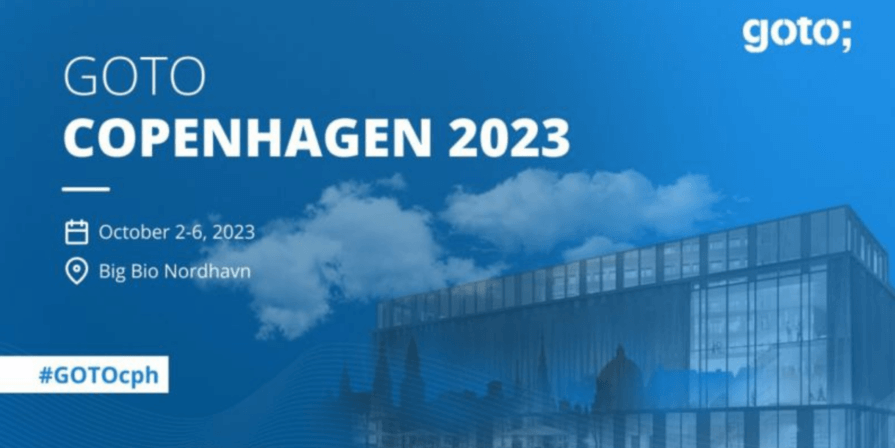

March 14, 2024 | Blog, Data Engineering, Platform Engineering
Watch the recording of our Technical Delivery Director, James Bowkett from the GOTO Copenhagen 2023 conference for his talk ‘The 12 Factor App For Data’


February 22, 2024 | Blog, Kafka
Check out Peter Vegh’s latest blog where he explores a bespoke Kafka backup framework, discussing the approach, architecture and design process to implement and deliver the solution.
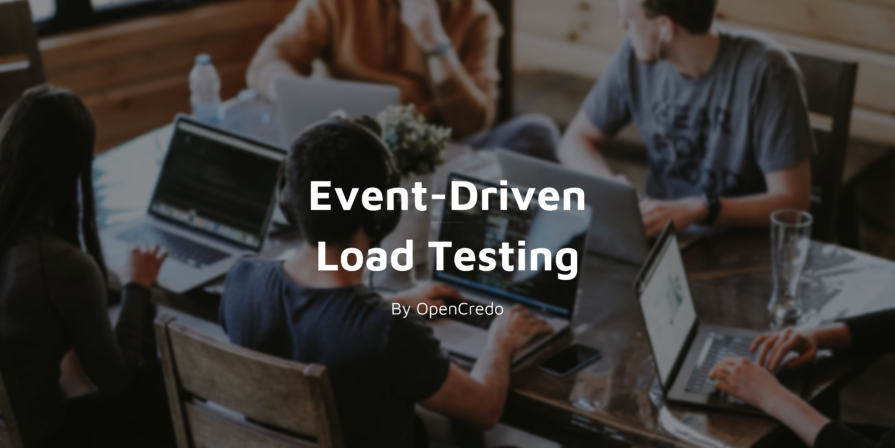
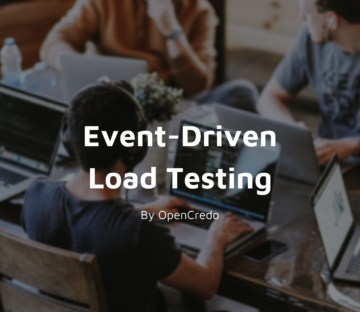
October 12, 2023 | Blog, Platform Engineering
Check out our latest blog “Event Driven Load Testing” which explores how, through some smart automation techniques, testing strategies can be adapted to support scale-up organisations where there are potentially many disparate teams needing to work together.
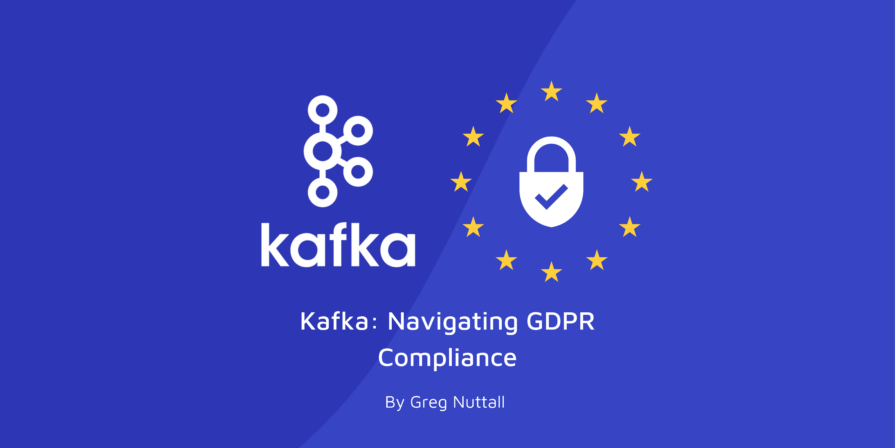
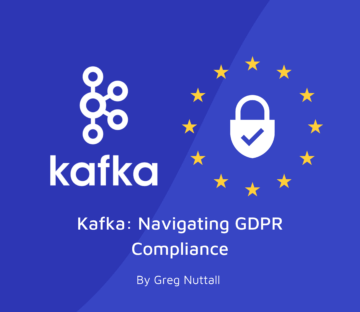
Check out Greg Nuttall’s latest blog where he looks at the challenges posed by GDPR’s “Right to be Forgotten” in the context of Apache Kafka, and delves deeper into three strategies for overcoming them.
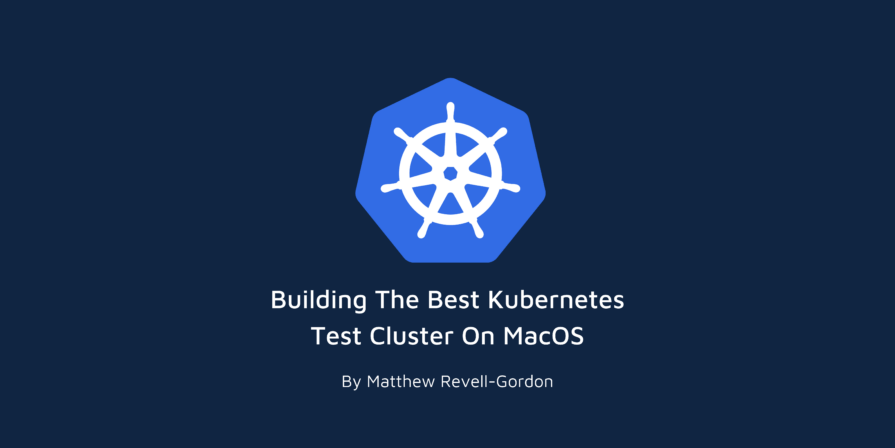
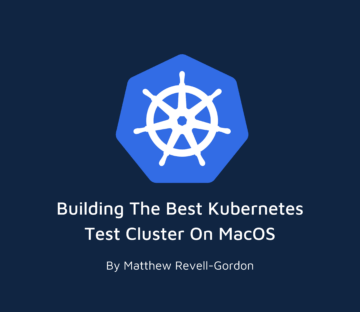
May 18, 2023 | Blog, Kubernetes
Check out Matthew Revell-Gordon’s latest blog as he explores building a local Kubernetes test cluster to better mimic cloud-based deployments, using Colima, Kind, and MetalLB.


December 7, 2022 | Blog, Data Analysis
Learn more about data processing and analytics, which are essential systems in modern enterprises but are frequently overlooked aspects of modern data architectures, by reading Mateus Pimenta’s latest blog.

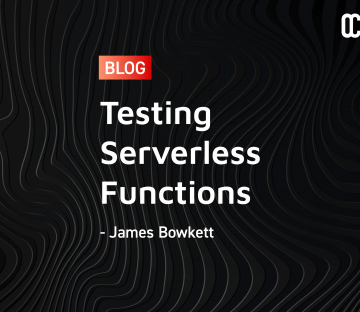
February 11, 2022 | AWS, Cloud, GCP, Kubernetes, Microservices, Open Source, Software Consultancy
Serverless functions are easy to install and upload, but we can’t ignore the basics. This article looks at different strategies related to testing serverless functions.


January 31, 2022 | Blog, Data Engineering
There are two camps of Graph database, one side is RDF, where they are strict with their format, and somewhat limited for their extensibility. The other side is LPG, where they can define labels to the relationships. With its recent extension, RDF now allows users to add properties, thus becoming RDF*. In this blog, Ebru explores the structural and performance differences between LPG and RDF*.
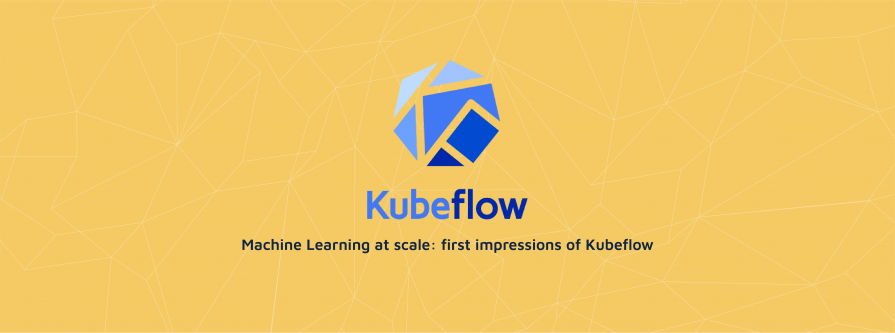
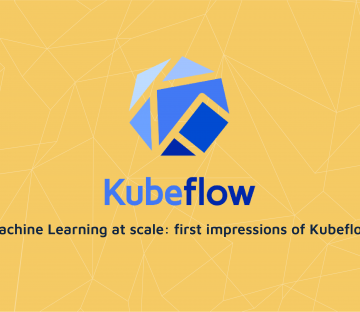
April 20, 2021 | Data Engineering, Machine Learning, Software Consultancy
Our recent client was a Fintech who had ambitions to build a Machine Learning platform for real-time decision making. The client had significant Kubernetes proficiency, ran on the cloud, and had a strong preference for using free, open-source software over cloud-native offerings that come with lock-in. Several components were spiked with success (feature preparation with Apache Beam and Seldon for model serving performed particularly strongly). Kubeflow was one of the next technologies on our list of spikes, showing significant promise at the research stage and seemingly a good match for our client’s priorities and skills.
That platform slipped down the client’s priority list before completing the research for Kubeflow, so I wanted to see how that project might have turned out. Would Kubeflow have made the cut?
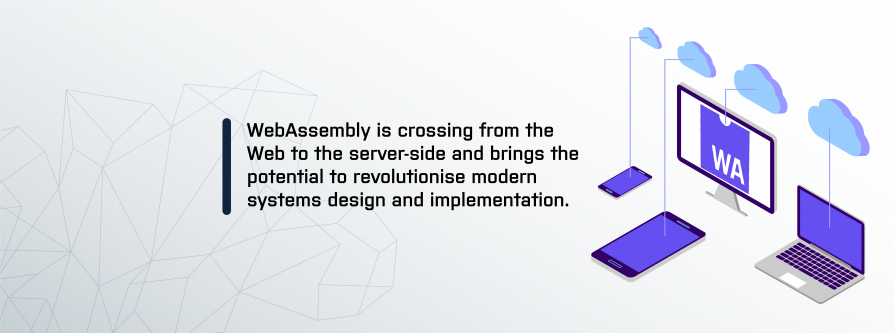
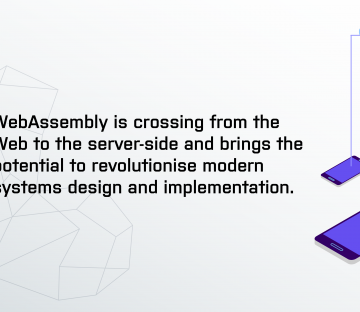
December 11, 2020 | Cloud, Cloud Native, Kubernetes, Microservices
“WebAssembly is a safe, portable, low-level code format designed for efficient execution and compact representation.” – W3C
In this blog, I’ll cover the different applications of Wasm and WASI, some of the projects that are making headway, and the implications for modern architectures and distributed systems.
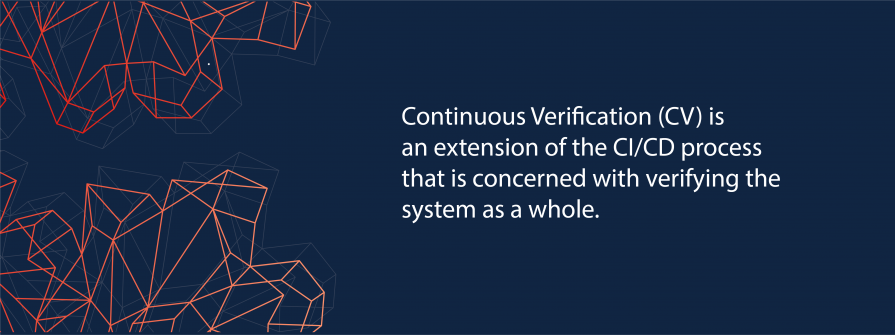
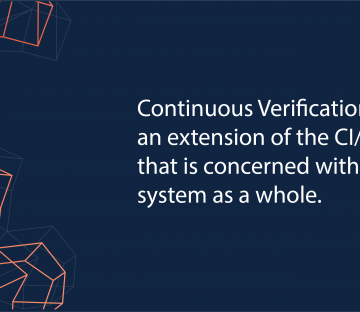
October 15, 2020
Continuous Verification is a term that is starting to pop up from time-to-time… but what does it mean? Well… according to Nora Jones and Casey Rosenthal, authors of O’Reilly’s Chaos Engineering books,
“Continuous verification (CV) is a discipline of proactive experimentation, implemented as tooling that verifies system behaviors. This stands in contrast to prior common practices in software quality assurance, which favor reactive testing, implemented as methodologies that validate known properties of software. This isn’t to say that prior common practices are invalid or should be deprecated. Alerting, testing, code reviews, monitoring, SRE practices, and the like—these are all great practices and should be encouraged”
Over the course of this post, we will unpack this statement: to understand what is behind it and what it might mean for your development process.
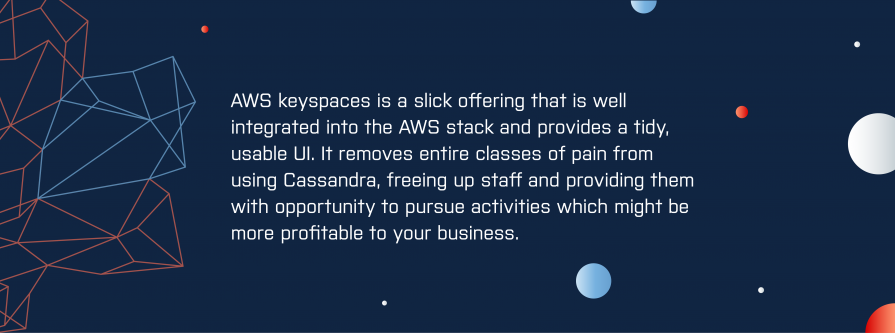
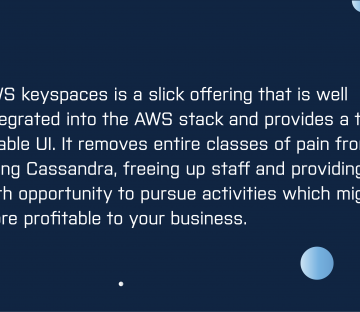
September 22, 2020 | AWS, Blog, Cassandra, Cloud, DevOps, Open Source
With the upcoming Cassandra 4.0 release, there is a lot to look forward to. Most excitingly, and following a refreshing realignment of the Open Source community around Cassandra, the next release promises to focus on fundamentals: stability, repair, observability, performance and scaling.
We must set this against the fact that Cassandra ranks pretty highly in the Stack Overflow most dreaded databases list and the reality that Cassandra is expensive to configure, operate and maintain. Finding people who have the prerequisite skills to do so is challenging.

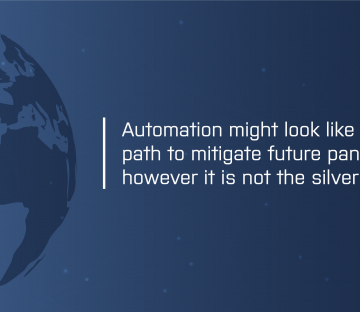
At the time of this post, the UK is making steps to exit from an unprecedented lockdown measures for the Coronavirus. Much of the UK workforce are still making efforts to work-from-home with mainly key workers operating – at risk – in public. Many industries have shut down completely. Consequently, many businesses are reflecting on what happens next and how do we better mitigate future pandemic events?
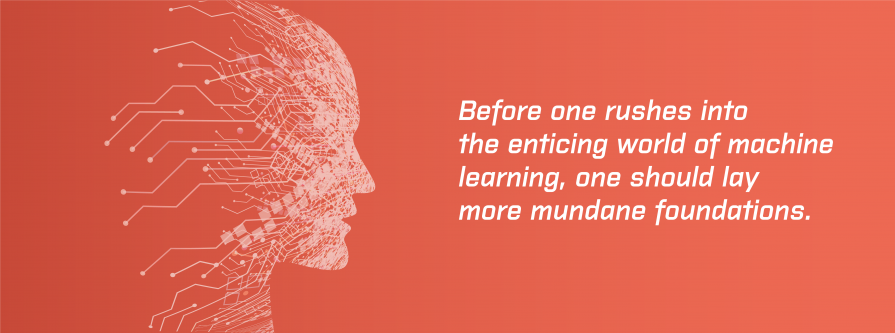

April 2, 2020 | Machine Learning
Recent years have seen many companies consolidate all their data into a data lake/warehouse of some sort. Once it’s all consolidated, what next?
Many companies consolidate data with a field of dreams mindset – “build it and they will come”, however a comprehensive data strategy is needed if the ultimate goals of an organisation are to be realised: monetisation through Machine Learning and AI is an oft-cited goal. Unfortunately, before one rushes into the enticing world of machine learning, one should lay more mundane foundations. Indeed, in data science, estimates vary between 50% to 80% of the time taken is devoted to so-called data-wrangling. Further, Google estimates ML projects produce 5% ML code and 95% “glue code”. If this is the reality we face, what foundations are required before one can dive headlong into ML?


November 13, 2019 | Software Consultancy
Pioneering and pushing technology boundaries – pretty much a given nowadays for the software-driven startup. Here are some insights we’ve observed working with a number of venture capital (VC) companies who have managed to navigate the choppy waters and successfully grow their business including winning further investment along the way.
With our deep hands-on technical expertise and pragmatic focus, OpenCredo has become a natural software acceleration partner for VC funded organisations who are looking to deliver tangible value as effectively as possible. We’ve been brought in to work alongside these innovators at various stages of their journey. As such we’ve gained an appreciation for and acquired, first-hand insight into some of the pressures and challenges faced. From getting and securing that next round of funding, to grappling with the technical decisions and challenges inherent in sensibly evolving offerings to accommodate future growth and scaling.
This blog is written exclusively by the OpenCredo team. We do not accept external contributions.


May 16, 2018 | Microservices
To identify service boundaries, it is not enough to consider (business) domains only. Other forces like organisational communication structures, and – very important – time, strongly suggest that we should include several other criteria in our considerations.


April 18, 2018 | Microservices
Quite a few of the anti-patterns we observe today on microservices projects are strongly related to how people approach the problem. Given their nature, these anti-patterns tend to be deeply ingrained and self-sustaining. Addressing them starts with increased awareness and by changing ways of approaching the problem, rather than by the introduction of yet another technical tool or framework.


February 6, 2018 | Cloud
Among the many announcements made at Re:Invent 2017 was the release of AWS Privatelink for Customer and Partner services. We believe that the opportunity signalled by this modest announcement may have an impact far broader than first impressions suggest.


January 11, 2018 | Data Engineering
The last few years have seen Python emerge as a lingua franca for data scientists. Alongside Python we have also witnessed the rise of Jupyter Notebooks, which are now considered a de facto data science productivity tool, especially in the Python community. Jupyter Notebooks started as a university side-project known as iPython in circa 2001 at UC Berkeley.


October 24, 2017 | Data Engineering
Cockroach Labs, the creators of CockroachDB are coming to London for the first time since their 1.0 GA Release in May 2017. They will be taking time to talk about “The Hows & Whys of a Distributed SQL Database” at the Applied Data Engineering meetup, hosted and run by us here at OpenCredo.
We have been interested in CockroachDB for a while now, including publishing our initial impressions of the release on our blog. We thought this would be the perfect time to do a bit of a Q&A before the event! I posed Raphael Poss, a core Software Engineer at Cockroach Labs a few questions.


August 8, 2017 | Cassandra
Recently, the sad news has emerged that Basho, which developed the Riak distributed database, has gone into receivership. This would appear to present a problem for those who have adopted the commercial version of the Riak database (Riak KV) supported by Basho.
This blog is written exclusively by the OpenCredo team. We do not accept external contributions.


June 15, 2017 | Data Engineering
CockroachDB is a distributed SQL (“NewSQL”) database developed by Cockroach Labs and has recently reached a major milestone: the first production-ready, 1.0 release. We at OpenCredo have been following the progress of CockroachDB for a while, and we think it’s a technology of great potential to become the go-to solution for a having a general-purpose database in the cloud.


July 3, 2016 | DevOps
Several of us from the OpenCredo team were in attendance at the inaugural EU edition of the DevOps Enterprise Summit conference. We have been big fans of the two previous US versions, and have watched the video recordings of talks (2014, 2015) with keen interest as many of our DevOps transformation clients are very much operating in the ‘enterprise’ space.


March 2, 2016 | DevOps, Microservices
Many of our clients are currently implementing applications using a ‘microservice’-based architecture. Increasingly we are hearing from organisations that are part way through a migration to microservices, and they want our help with validating and improving their current solution. These ‘microservices checkup’ projects have revealed some interesting patterns, and because we have experience of working in a wide-range of industries (and also have ‘fresh eyes’ when looking at a project), we are often able to work alongside teams to make significant improvements and create a strategic roadmap for future improvements.


March 2, 2016 | Microservices
Microservice-style software architectures have many benefits: loose coupling, independent scalability, localised failures, facilitating the usage of polyglot data persistence tools or multiple programming languages.
However, they also introduce other challenges. A major one is the fact that the end-user functionality of the system will ultimately emerge as a composition of multiple services. This significantly increases the complexity of deploying the system. In addition, because we lose the concept of “versions” of the system, it becomes harder to answer questions like “what capabilities are in production?” and “when is a new feature considered ‘done’?”.




September 24, 2015 | Microservices
Unless you’ve been living under a (COBOL-based) rock for the last few years, you will have no doubt heard of the emerging trend of microservices. This approach to developing ‘loosely coupled service-oriented architecture with bounded contexts’ has captured the hearts and minds of many developers. The promise of easier enforcement of good architectural and design principles, such as encapsulation and interface segregation, combined with the availability to experiment with different languages and platforms for each service, is a (developer) match made in heaven.
![Microservice Platforms: Some Assembly [Still] Required. Part Two](https://opencredo.com/wp-content/uploads/2018/10/banner-services-895x196.jpg)
![Microservice Platforms: Some Assembly [Still] Required. Part Two](https://opencredo.com/wp-content/uploads/2018/10/banner-services-360x312.jpg)
September 20, 2015 | Microservices
Over the past five years I have worked within several projects that used a ‘microservice’-based architecture, and one constant issue I have encountered is the absence of standardised patterns for local development and ‘off the shelf’ development tooling that support this. When working with monoliths we have become quite adept at streamlining the development, build, test and deploy cycles. Development tooling to help with these processes is also readily available (and often integrated with our IDEs). For example, many platforms provide ‘hot reloading’ for viewing the effects of code changes in near-real time, automated execution of tests, regular local feedback from continuous integration servers, and tooling to enable the creation of a local environment that mimics the production stack.


